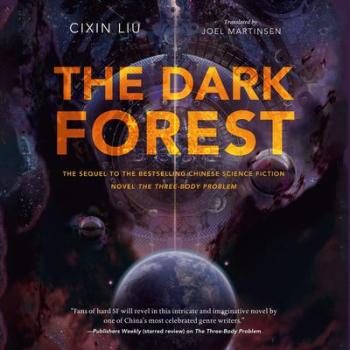Today we’ll be tackling the subject of the “kingdom of God” in my historical Jesus class. It is important to survey the breadth of usages to which this terminology is put both in the Judaism of Jesus’ time and in early Christian sources. Obviously one key text is Mark 9:1 and parallels. There Jesus is depicted as predicting that some standing there would not die before seeing the kingdom come with power.
I’ve encountered several translations that attempt to reinterpret the saying in terms of realized eschatology, as though Jesus is predicting that some will not die before they see/perceive that the kingdom of God has already come with power. But that is scarcely a natural way to understand the sentence, and a prediction that some who are present will understand before they die doesn’t seem like much of a prediction, especially when we consider that Jesus was actively involved in trying to get the disciples to understand his teaching.
Another common approach is to interpret the prediction as referring to the transfiguration. This too trivializes the prediction, having Jesus predict that “there are some standing here who will not taste death within the next week.”
The alternatives seem to be to trivialize the prediction, or to take it seriously and acknowledge that Jesus was incorrect about the nearness of the end. And for the life of me, I can’t figure out why having Jesus make trite predictions (I too can confidently predict that some reading this will not taste death before next week!) seems preferable to acknowledging that he shared in the fallibility that is inherent to the human condition. What if anything is gained by doing so?
















